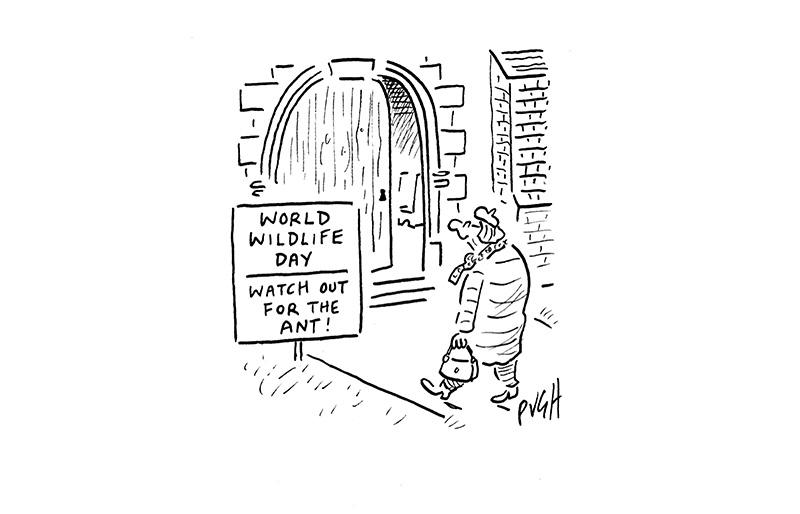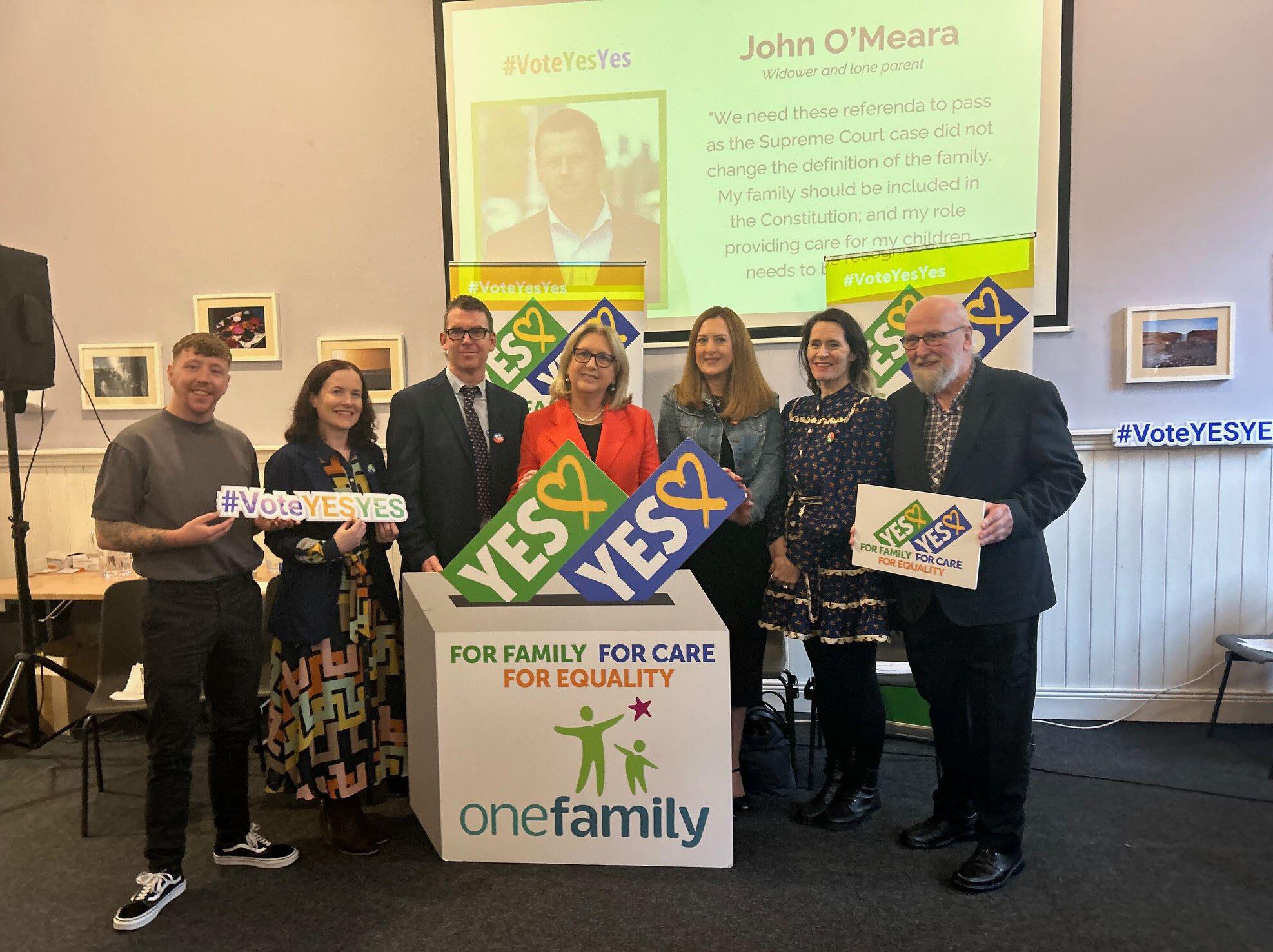Former president of Ireland, Mary McAleese, has said she intends to vote “yes” to both of the proposed changes to the Irish constitution in the 8 March referendum although the Irish bishops urged people to vote “no” to both.
In her keynote address to the “We Are Family” event hosted by Treoir, the National Information Service for Unmarried Parents, Professor McAleese said the vote is a chance to “insert new realities, new energy and new insights into parts of our constitution that have aged badly and are no longer fit for purpose”.
People in Ireland are being asked to vote on two separate questions in the referendum, one of which is a change to Article 41 of the constitution concerning the concept of family while the second change proposes to delete the reference to woman within the home and recognise care provided by family members to each other.
The retired professor of law said the changes proposed will remove from the constitution language and attitudes which have long been controversial on account of perceived sexism and the marginalisation of many people whose strong contribution to family and community life has been under-valued.
“So many families whose lived lives enhance our communities and our country but are not based on marriage, will see in our revised constitution the respect they have always deserved and the recognition they have earned, but which is deliberately absent from the Constitution as currently worded,” she said.
However, Archbishop of Dublin Dermot Farrell has reiterated the bishops’ concern over what is proposed.
Stressing that marriage is “a foundation stone of family” he said, “One of the goods of marriage is that it is a public commitment to the service of family. It is vital then to society that it supports and protects marital families. It should not be neglected and side-lined.”
He recognised that all families should be helped in ways that especially supports the vulnerable, and those most need of care.
“Whatever the outcome of the referendums, there will continue to be a moral obligation on governments and public policy to protect the institution of marriage,” he said.



 Loading ...
Loading ...